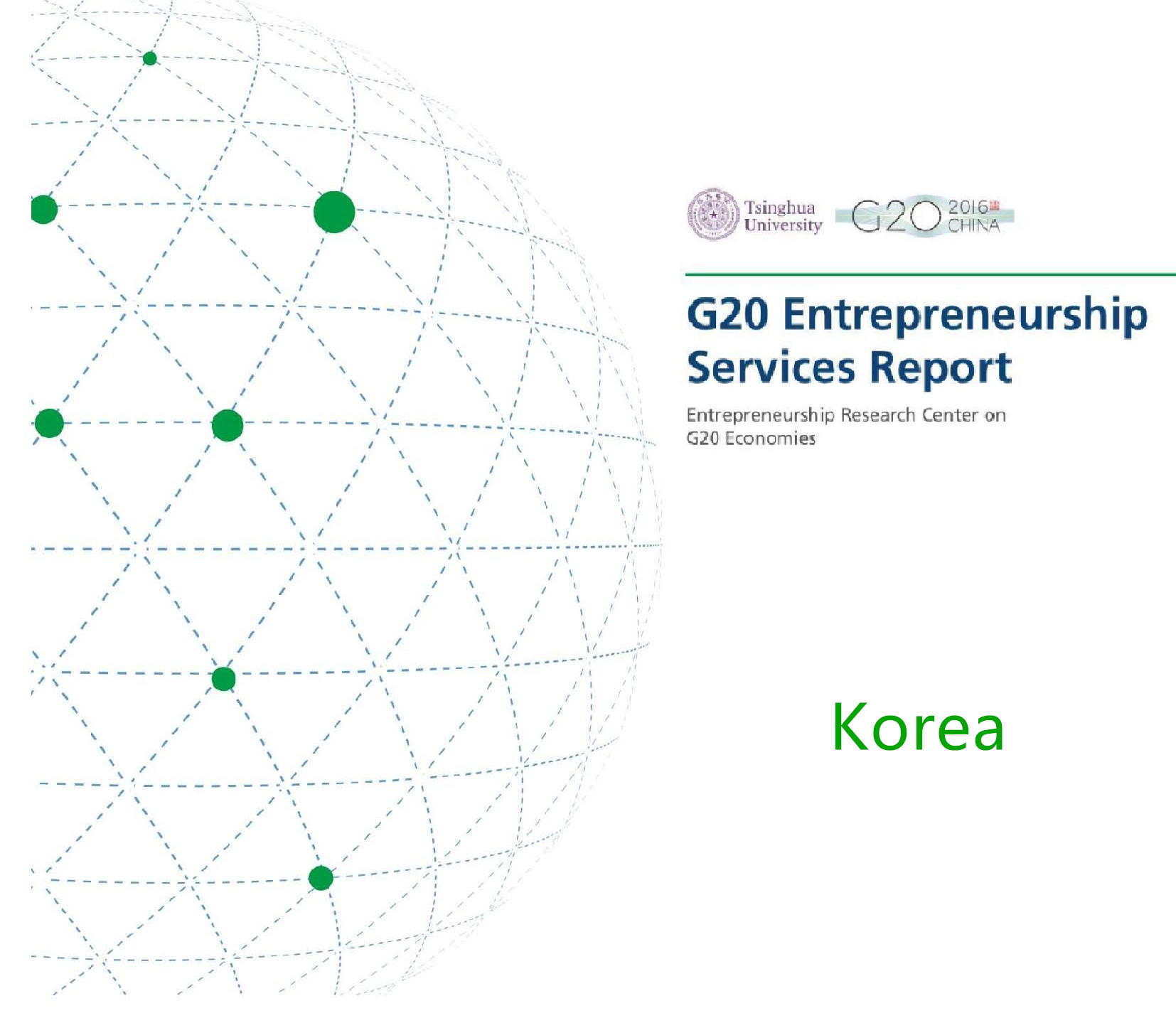
Summary
Although the South Korean government promulgated the Basic Law for Small and Medium Enterprises (SMEs) as early as 1966 to protect the interests of SMEs, it emphasized the superiority of large enterprises at the beginning of its economic development and did not attach importance to the development of start-ups and SMEs. Since the 1970s, South Korea has continuously improved the legal system supporting the development of SMEs. In addition, it has formulated and improved the relevant laws and regulations on venture capital to promote the development of venture capital. In 2017, Moon Jae-in’s government upgraded the Department of SMEs to the Ministry of SMEs and Startups, to promote the shift of the economic structure to entrepreneurship and SMEs and boost cooperation among large, medium, and small enterprises.
In terms of fiscal and financial support, the South Korean government has implemented tax cut incentives for innovation, entrepreneurship, and provided policy loan support for SMEs. The corporate tax of SMEs in South Korea can be reduced by 5% to 30%. In addition, investment in the commercialization of core technologies and investment in facilities or equipment to improve productivity can be deducted from the corporate income tax. In July 2017, the South Korean government provided loans of 800 billion won (equivalent to 750 million US dollars) for SMEs in the form of “SME Policy Grants” through the supplementary budget. A financing system composed of SBC and banks provides financing support for South Korean start-ups and SMEs. Among them, the Bank of Korea, the central bank of South Korea, increased the credit limit for SMEs in 2015 and 2017, respectively, bringing the total size of the Bank Intermediated Lending Support Facility to 25 trillion won (equivalent to 23.37 billion US dollars). Angel investment has become the main sector of South Korean venture capital, expanding financing channels for South Korean start-ups and SMEs. By the end of 2016, total angel investment in South Korea posted 212.6 billion won (equivalent to 198 million US dollars), a record high. In addition, the legalization of crowdfunding in South Korea and the Korean Securities Dealers Automated Quotations (KOSDAQ) market provide diversified financing channels for start-ups.
The globalization of SMEs is one of the most important policy objectives of the Ministry of SMEs and Startups (MSS) in South Korea, and also an important service measure for start-ups and entrepreneurs. To this end, South Korea has implemented an export promotion program that includes a series of projects, such as the establishment of an export support center and the implementation of the “Global Highway Program”. In 2016, the Online Reverse-Direct Purchase Store Project for Best SME Products will be implemented, combining SMEs with large enterprises to expand overseas markets using the online platform of large enterprises. In addition, South Korea signed several free trade agreements and MOUs with many countries. The South Korean government has also set up a platform for the exchange of information and experience among entrepreneurs. For example, more than 10 own hall-type meetings were held in all parts of South Korea in 2017 to help South Korean exporters share best practices of major exporters. The slogan is “Startup 101, Pick Me Up”.
At the government level, South Korea has a number of entrepreneurship training programs for the population, including youth and college students, in such fields as software. Relevant indicators of entrepreneurship education in South Korean higher learning institutions are the indicators for universities to obtain financial support. South Korean higher learning institutions attach importance to cooperation in entrepreneurship education among themselves, jointly launching various campaigns and creating platforms for entrepreneurship. In addition, South Korea’s “Work-Study Dual System” has special training programs for students from high schools and higher vocational colleges. The efforts made by the South Korean government and universities in the field of entrepreneurship education have promoted the development of entrepreneurship and entrepreneurship culture in South Korea.